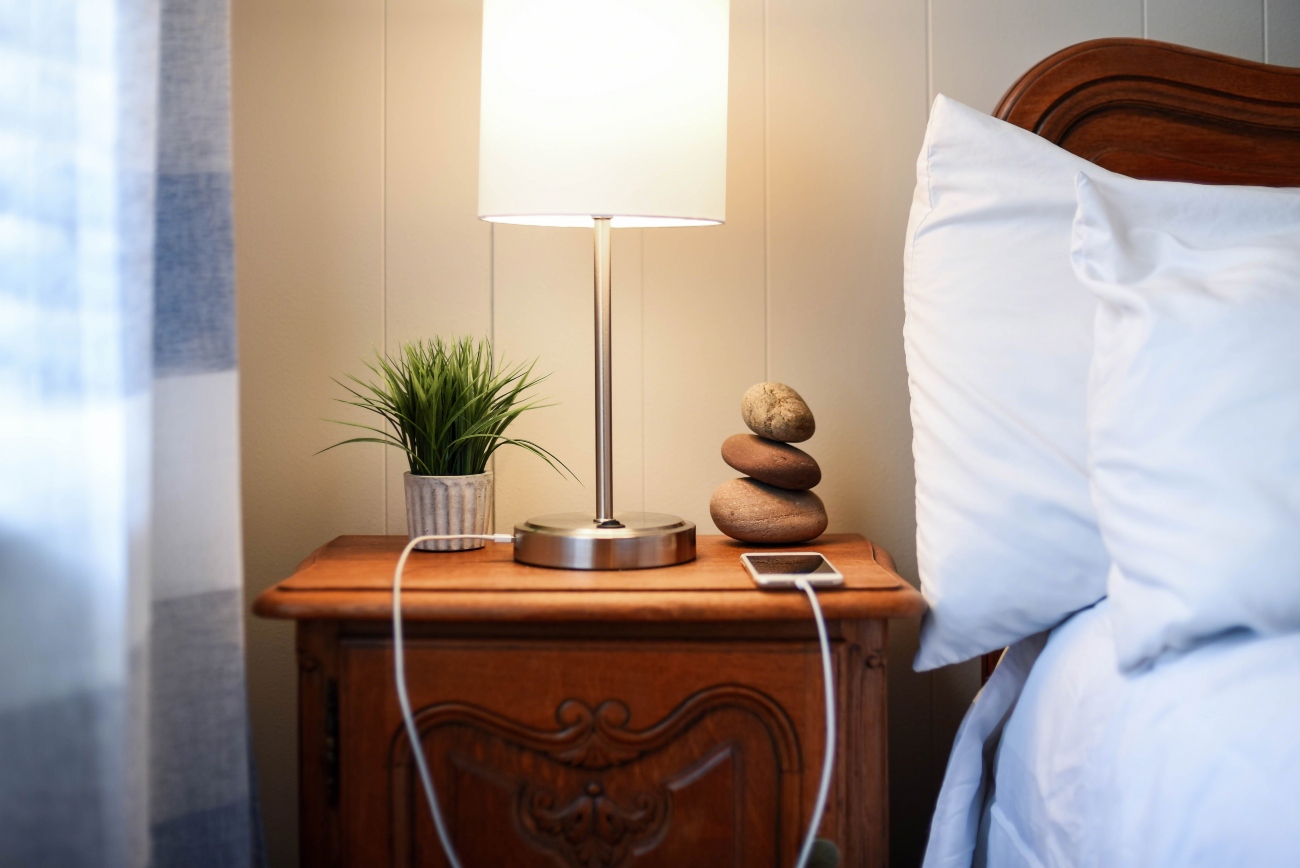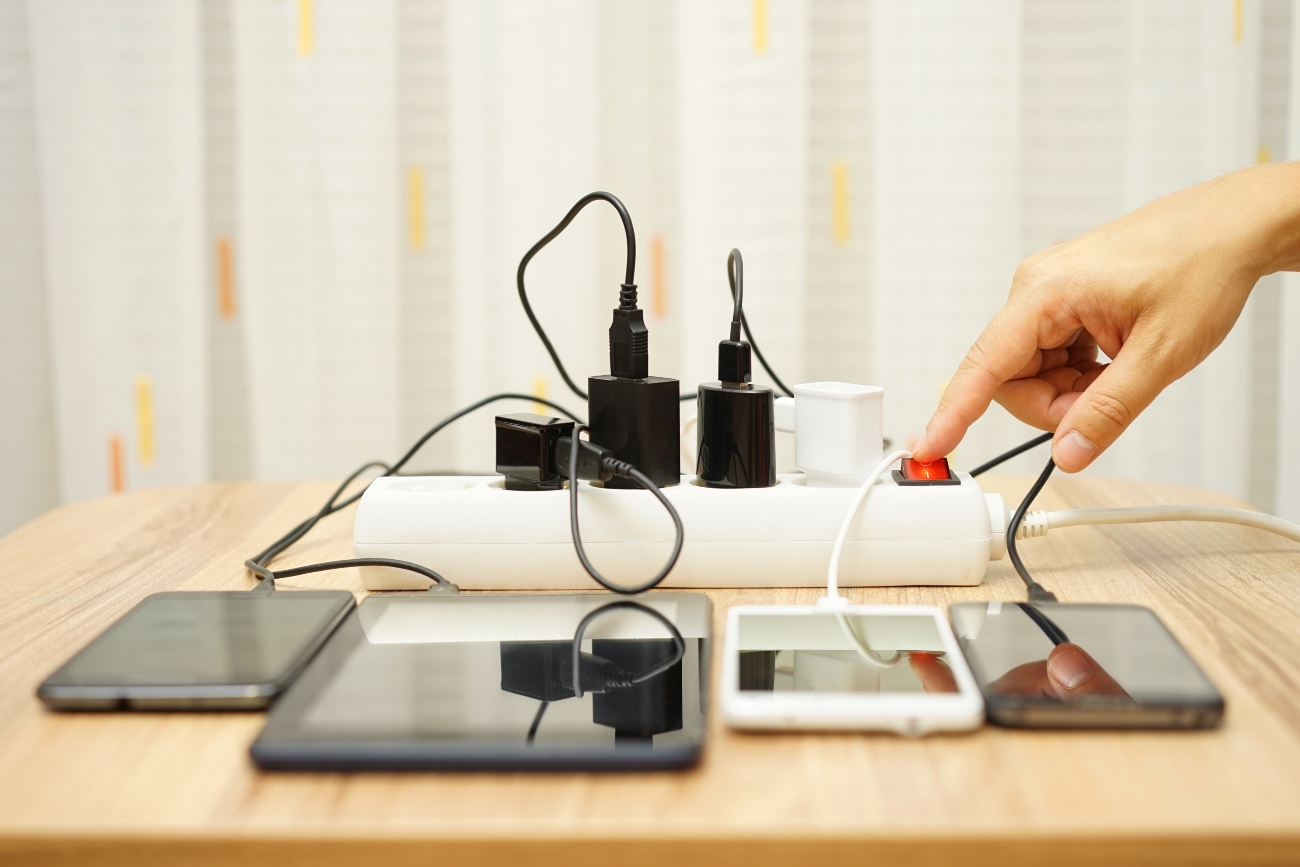Latest News
Is it bad to charge your phone overnight? Unveiling the truth
By |
9th August, 2023 |
Categories:
In today's digital age, our smartphones have become our lifelines, storing a wealth of information and serving a myriad of functions. However, every superhero has its Kryptonite, and for our smartphones, it's the battery life.

The age-old debate of "Is it bad to charge your phone overnight?" has left many of us in a conundrum. This comprehensive guide will unravel the mystery surrounding overnight charging, helping you to prolong your phone's battery lifespan.
Myth vs reality: Can overnight charging overcharge your battery?
One of the most prevalent misconceptions about overnight charging is that it could lead to overcharging. However, this is a myth. Modern smartphones are equipped with intelligent protective mechanisms that halt the charging process once the battery reaches 100%. The device then operates on AC power instead of draining the battery.
When the battery level falls to 99%, a process known as "trickle-charging" kicks in. The charger continually replenishes the battery back to full capacity, which does not accelerate battery degradation any more than regular use. Therefore, the fear of overcharging your battery is unfounded.
Heat: The real adversary
While overnight charging doesn't directly harm your battery, the temperature could pose a significant threat. Lithium batteries in smartphones are extremely sensitive to both extreme heat and cold.
Renowned tech organisations such as Apple have warned that internal temperatures exceeding 35 degrees Celsius can cause irreversible permanent damage to the iPhone's battery life.
Trickle-charging, although harmless in itself, generates some heat. If your phone cannot dissipate this heat efficiently, it may overheat, especially if it is covered with a blanket or stashed under your pillow during overnight charging. Hence, if you must charge your phone overnight, ensure it is placed in the open air or on a heat-absorbing material.
Understanding lithium batteries' life cycle
With the myth about overnight charging damaging your battery debunked, it's essential to understand how battery degradation occurs. Lithium batteries, unfortunately, are unstable by nature, implying that their life or original capacity is continually declining.
A smartphone battery usually functions optimally for about 2-3 years. The lifespan can be prolonged slightly with good practices or shortened significantly with poor usage.
Instead of worrying about overcharging, it's advisable to prevent over-discharging. Letting your phone's battery level drop to 0% can accelerate battery degradation.
It's better to plug your phone into a charger before the battery level drops below 20%. Regular discharging and recharging, instead of keeping the battery full at all times, can also enhance its overall lifespan.
Importance of using certified phone cables
When it comes to preserving your phone's battery life, the type of charging cable you use matters significantly. It's recommended to use name brand or certified phone cables and power adaptors.
These ensure that your phone is receiving a safe and efficient charge. Avoid using off-brand cables that are cheap and opt for phone cables that are certified or designed specifically for your phone.
Debunking battery charging myths
Let's put to bed some other common misconceptions about phone batteries.
- The notion that charging your iPhone overnight overloads the battery is false. All experts agree that phones are smart enough to prevent an overload. Protective chips inside ensure that charging stops once the battery hits full capacity.
- The idea of freezing your phone to prevent battery problems is incorrect. Lithium-ion batteries despise extreme cold and heat. Repeatedly charging a phone in sub-freezing temperatures can create a permanent plating of metallic lithium on the battery anode, killing the battery faster.
- The belief that your battery should always drop to zero power before you charge it is also false. Running a phone until it's dead — a full discharge — is not advisable with modern lithium-ion batteries. Partial discharge is the way to go.
Understanding your phone battery's 'memory'
Another prevailing misconception is that phone batteries develop a 'memory.' This was a problem with older nickel-cadmium (NiCad) batteries.
As we've established, it's not necessary with lithium-ion batteries. So, why do lithium-ion batteries seem not to last as long as they age?
It's not about 'memory'; it's about capacity. Over its lifetime, your phone's battery degrades, holding less and less battery power.
The lifespan of phone batteries

A phone battery measures its lifespan in 'charge cycles.' That means every time you charge your phone to 100%, it's one cycle count. But it doesn't mean you went all the way to zero.
For example, if your phone is at 80%, you go down to 30% (that's half the battery capacity), and you charge it back to 80% and use that 50% up again — that's one cycle.
The takeaway
If you intend to change your phone every couple of years, you can charge it any way you want, as often as you want, without worrying about diminished capacity. But if you want to stretch out your phone's useful life, pay attention to best practices for lithium-Ion batteries.
iPhone Insurance in the UK
While learning how to properly charge your phone can prolong its lifespan, it does not make it immune to accidents or damage. That's where gadget insurance comes into play. If you possess an iPhone and reside in the UK, Gadget Cover offers three comprehensive levels of coverage that may suit your needs — Gold, Silver, and Bronze.
For more information about our gadget insurance policies or to get a quote, visit our website or call us at 0203 794 9294. We aim to provide you with the peace of mind that your device is protected, no matter what happens.
In conclusion, charging your phone overnight is not inherently harmful. However, it's essential to avoid over-discharging and extreme temperatures.
Using certified cables and power adaptors can ensure a safe and efficient charge. Remember, it's not about how long you charge your phone, but how you charge it.


